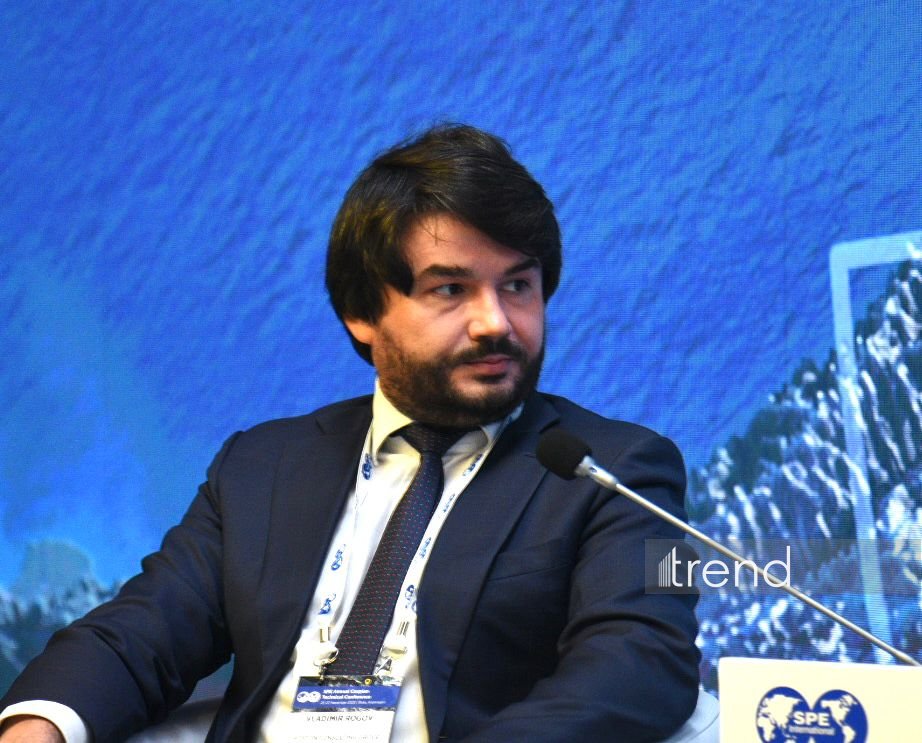BAKU, Azerbaijan, November 25. The Caspian region has great potential for discovering new resources, Managing Director and Partner at BCG (Boston Consulting Group) in Azerbaijan, Vladimir Rogov said during the SPE 2025 Caspian Technical Conference held in Baku today, Trend reports.
According to him, if we consider the parallel processes that have taken place over the past five years, it becomes clear that the industry's development vector has changed:
"Companies have shifted their priorities, giving preference to shareholder returns and reducing the level of reinvestment. The need to maintain these payments creates additional pressure on capital expenditures and, as a result, intensifies competition for investment. Therefore, if the Caspian region wants to attract capital, it is necessary to create conditions that will direct it here, rather than to other regions. Against the backdrop of the energy transition, investor expectations have also changed: threshold rates are rising, investments are considered riskier than in previous decades, and investors are demanding both faster and higher returns. This puts additional pressure on projects and requires the use of more modern technologies, as well as more active involvement of the entire ecosystem in this process.
Investment levels have declined over the past decade as major projects in both Kazakhstan and Azerbaijan have largely been completed and brought into production. Investment volumes are currently around 50% lower than in the previous period and, according to current plans, are likely to remain at lower levels over the next decade.
He noted that the region accounts for 2 percent of global oil production and 10 percent of proven global reserves.
"The region is equipped with infrastructure connecting Europe and Asia. It is home to the most strategically important projects for virtually all of the world's largest companies. The projects being implemented in Azerbaijan with the participation of BP, Chevron, Exxon, Shell, Eni, and other major companies on the other side of the Caspian Sea are among the largest assets in their portfolios."
Rogov emphasized that the opportunities for discovering new resources are enormous:
"In the past, the costs of geological exploration were quite low, so much of the potential remains unexplored. The intensification of geological exploration in recent years, both in Azerbaijan and in other areas of the Caspian Sea, as well as the signing of new memoranda of understanding, confirm this once again. At the same time, there are also great opportunities for the restoration of fields that have been in operation for almost 80 years. After all, recovery rates at these fields are still low, and underground oil and gas reserves are still quite large. Many of the technologies widely used in different regions of the world are still in the testing stage and have not been widely adopted. For example, the widely used Enhanced Oil Recovery (EOR) methods have not been fully implemented in the country.
In this context, we believe that today's panel discussion will provide an important overview of the capabilities of leading companies, their work with hard-to-recover reserves, and their plans for using them in the current geopolitical and economic situation in the region.
Stay up-to-date with more news on Trend News Agency's WhatsApp channel







